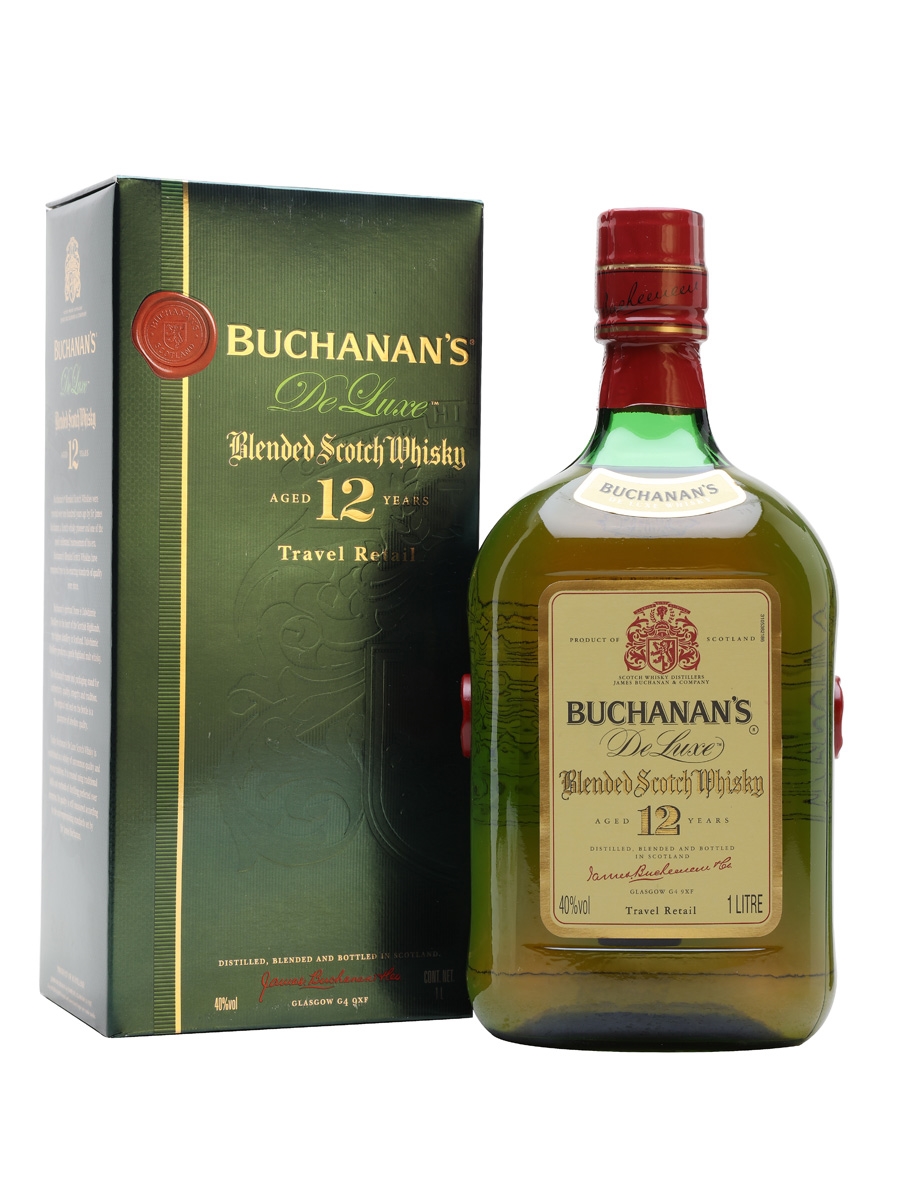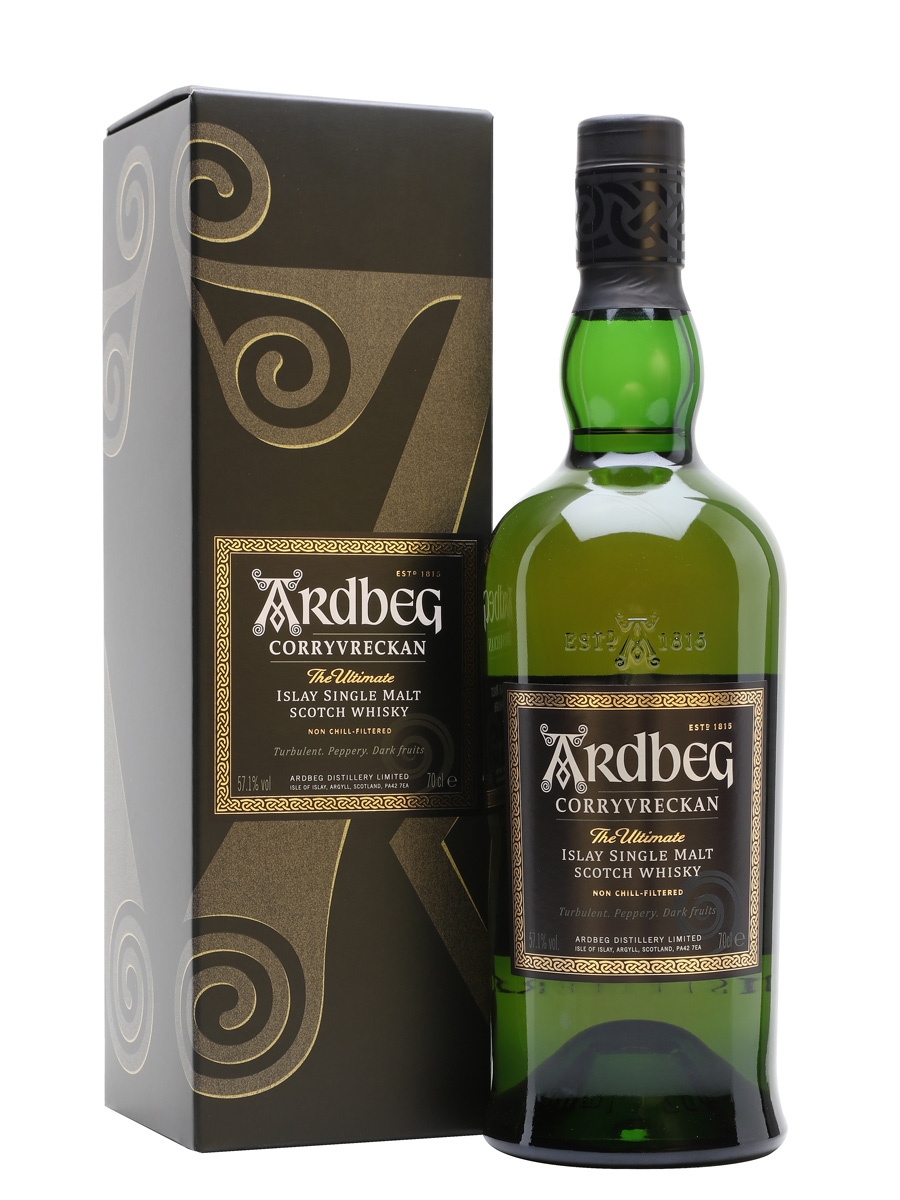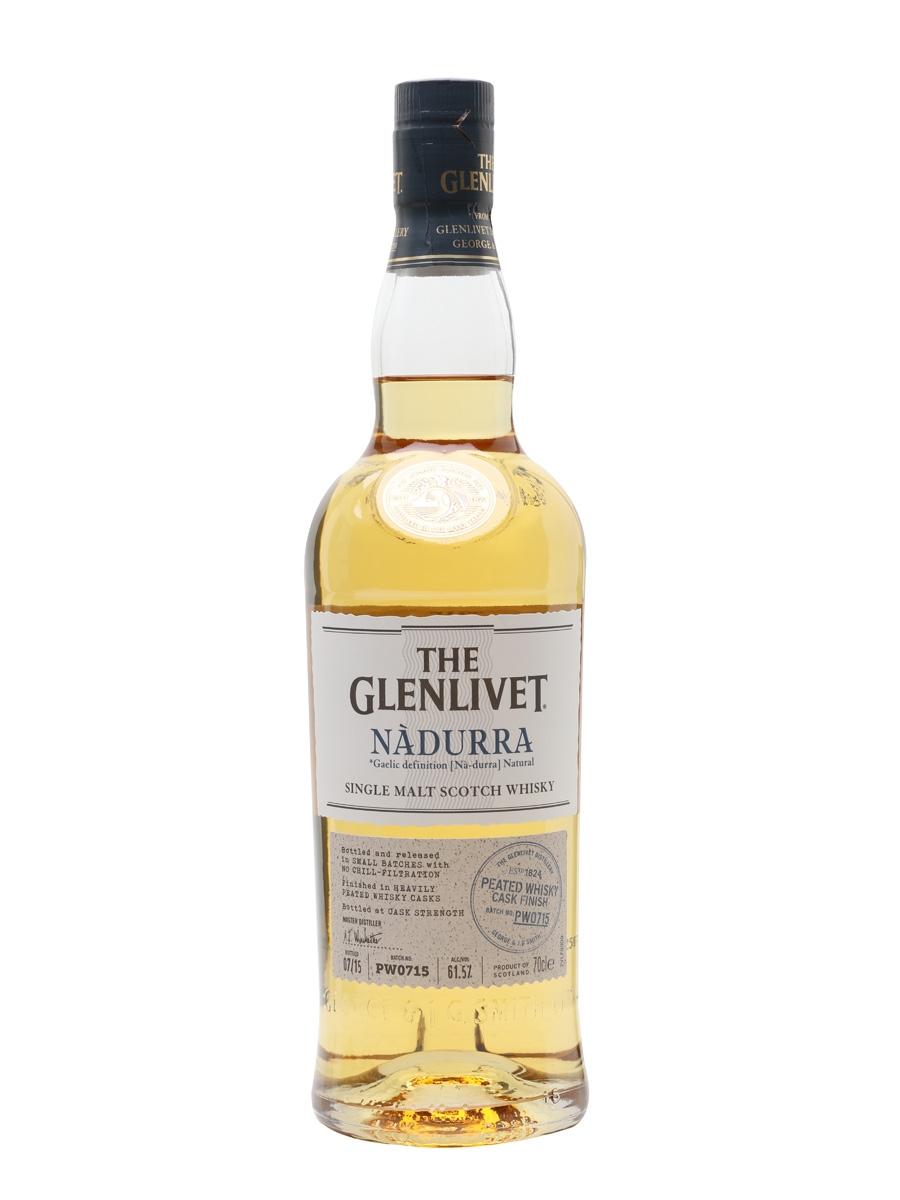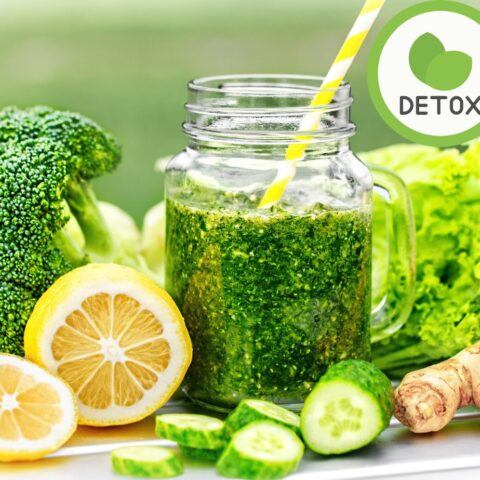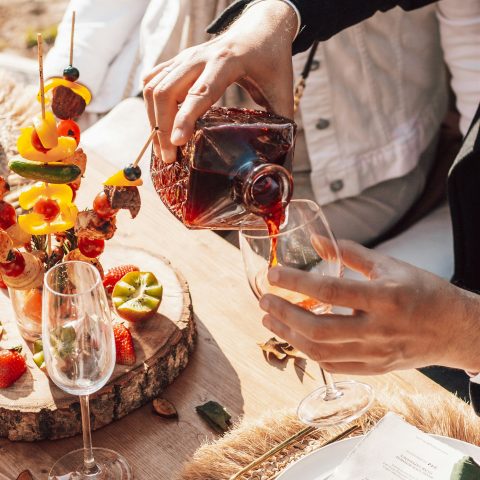Highland Park 12 Year Old remains one of the gold- standard malts for other distillery bottlings to aspire to. With a delicious sweetness (heather-honey is their preferred description) and a warming, silky mouthfeel, this is a whisky that never lets you down. “The greatest all-rounder in the world of malt whisky”. Michael Jackson, Michael Jackson’s Malt Whisky Companion
Ladle of Contents
Highland Park 12 Year Old:
Nose:
Very floral, with a mix of vanilla and oak. Very delicate overall.
Taste:
The sherry cask aging really shows well on this one, giving a delicate, robust, sweet, and complex taste. The oakiness is subtle and very well integrated.
Finish:
A long and sweet finish, with good structure. A superb whisky, sherry rounding, mellow, yet packed with flavour.
Highland Park 12 Year Old Review 1:
Overall:
This is an excellent, well balanced whisky with a nice complexity. You are paying for quality. The 12 is a bit more accessible and somewhat cheaper than the 18, which is a must for all malt whisky lovers.
Highland Park 12 Year Old : 89/100
Highland Park 12 Year Old Review 2:
Nose:
The nose is quite vegetative, with a fresh aroma of brine and peat, reminiscent of coastal air. However, it is also surprisingly sweet without being cloying. Your typical peaty, smoky smell of a Highland Park. Floral notes can also be detected. Overall is quite subtle.
Taste:
The palate has a strong start with a delightfully rich taste and a nice sweetness that is moulded with the peaty taste of the malt. The finish is long and peaty with a slightly harsher and smokier aftertaste.
Finish:
Sweet, peaty, and smoky – quite an experience. This dram sums up the more rough and intense character of Highland Park, and goes to show the versatility and skill of the distillers.
Highland Park 12 Year Old Review 3:
Overall:
A very good whisky with some nice smoke and a sweet, slightly peaty note. This whisky can only fairly compete with its older sibling, the 18, but it is a dram that is tasty and can be prone to abuse. It is perhaps not the best of the highland park lot, but this whisky should not be ignored.
Highland Park 12 Year Old Viking Honour: 86/100
The Highland Park Distillery
Highland Park was founded in 1798 by James Farquhar & James Cuthbert in the town of Kirkwall on the Orkney Islands of Scotland.
The distillery has been operational since they day they began to distill and has grown into arguably the most traditional of whisky distilleries. This is due to Highland Park not taking a cooperative form of ownership like many of its competitors. The distillery is currently owned by Inver House Distillers, and sold in bulk to the independent bottlers who put their own labels on it, in this case the huge conglomerate Chivas Brothers. Highland is one of only two distilleries still in existence in Orkney today.
Highland Park is now one of the top 15 distillery selling whisky in the world. It is important to note that this distillery is not quite the Highland Park you may find in the market. Once the whisky is distilled and filled in cask, it is then shipped from the Orkney Islands to the Chivas Brothers bottling facility in Dumbarton, Scotland. There it is bottled and labeled with the Highland Park label. Which means that the Highland Park you buy in the market was made in the town of Kirkwall but bottled in Dumbarton.
Highland Park 12 Year Old Review 4:
A Peaty Personality
The Highland Park distillery is the most southerly of the Islay distilleries. With a mere 3 miles separating them from other big hitter Hebridean islanders Ardbeg and Lagavulin. The distillery benefits greatly from the Islay producing a whisky with a distinct character. The peat used at Highland Park is arguably the most famous on Islay. Which has gone against the distillery in the past, to great effect. In 1973 the distillery was forced to close down as the owners at the time, Allied Distillers and Vintners (AD+V), were unable to get a peat.


